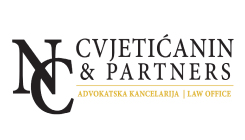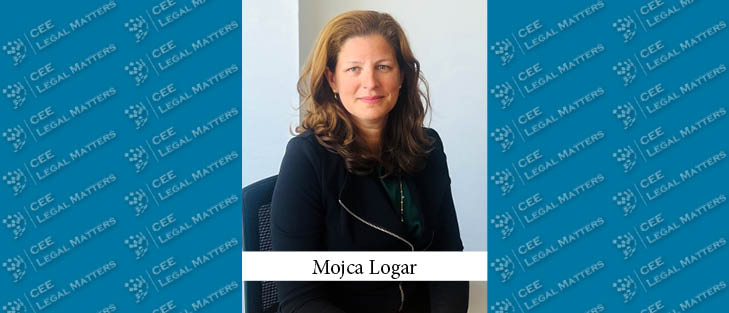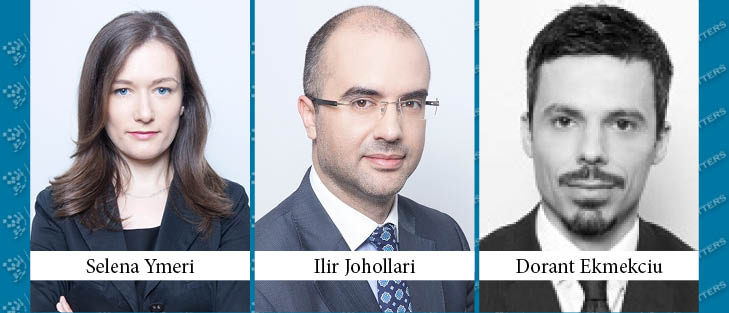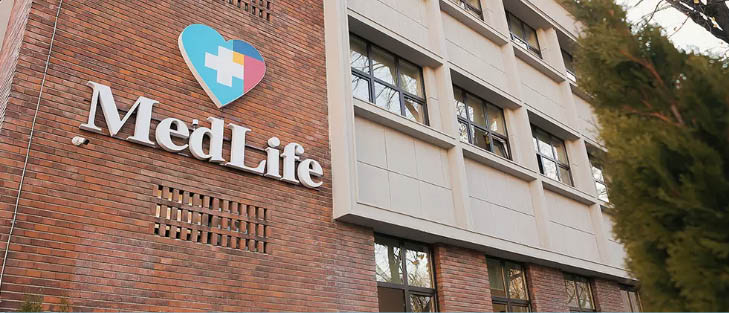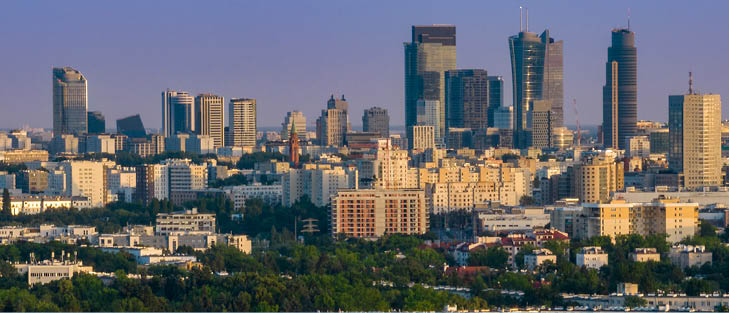Inga Kostogriz-Vaitkiene, Partner at CEE Attorneys in Lithuania, reports that her country’s economy is doing quite well at the moment and that additional regulation ensures the public procurement system will become greener. She also notes that there are two controversial laws in the pipeline related to cannabis use and LGBTQ+ rights.
“The Lithuanian economy is booming at the moment, despite the ongoing pandemic,” Kostogriz-Vaitkiene says. She attributes the current state of the economy to the fairly mild and limited-in-effect waves of COVID-19, governmental spending, and increased internal consumption and savings levels within the general population. She points to the employment market as a growth-limiting factor, because of the high demand for skilled and experienced people, as well as a shortage of employees in labor-intensive sectors.
Almost all sectors are growing, she reports, with exception of the ones directly affected by lockdowns – tourism, hospitality, and the like. She says that Lithuania is becoming a fintech hub in Europe, with many foreign companies applying for licenses with Lithuania’s Central Bank. “The real estate market is exceptionally hot now – both new developments and existing properties are in high demand – driven by increased savings and the threat of inflation,” she adds. “The M&A deals market is breaking records this year, both in value and in number,” she concludes.
Kostogriz-Vaitkiene points out that there is a noticeable increase in litigation cases, mainly related to contractual disputes in the public procurement sector and on construction projects. As a result of the pandemic, she explains, more and more of the cases are carried out online. “Prior to the pandemic, litigation was conducted only in person and in court, but nowadays even criminal procedures are carried out online,” she details. However, she notes that if some of the parties demand in-person hearings, those may be allowed by the court.
Furthermore, Kostogriz-Vaitkiene reports that Lithuania is taking great strides to go green and, to that end, has allowed for public authorities to add additional requirements to public procurement tenders, so as to make them eco-friendly. “The requirements differ and are sector-specific, but the authorities are fairly free to choose the requirements they want,” she explains, noting that the target for green public procurement is set high: 10% of all procurements in 2021, increasing to 50% in 2022.
Moving on to legislation, Kostogriz-Vaitkiene says that, in order to increase investments in Lithuania, certain amendments to the Investment Law and other legal regulations were made. These established more favorable conditions for foreign investors relocating their business to Lithuania and made it easier for their employees and family members to get employment and residence in Lithuania. She mentions there are interesting developments regarding the legalization of medicinal cannabis and on the law for LGBTQ+ partnerships. “The law on LGBTQ+ partnerships was drafted after the government promised that it will regulate the matter, but the original version was rejected and has to be revised,” she says, expressing her hope that the law will soon enter parliament and be passed.



